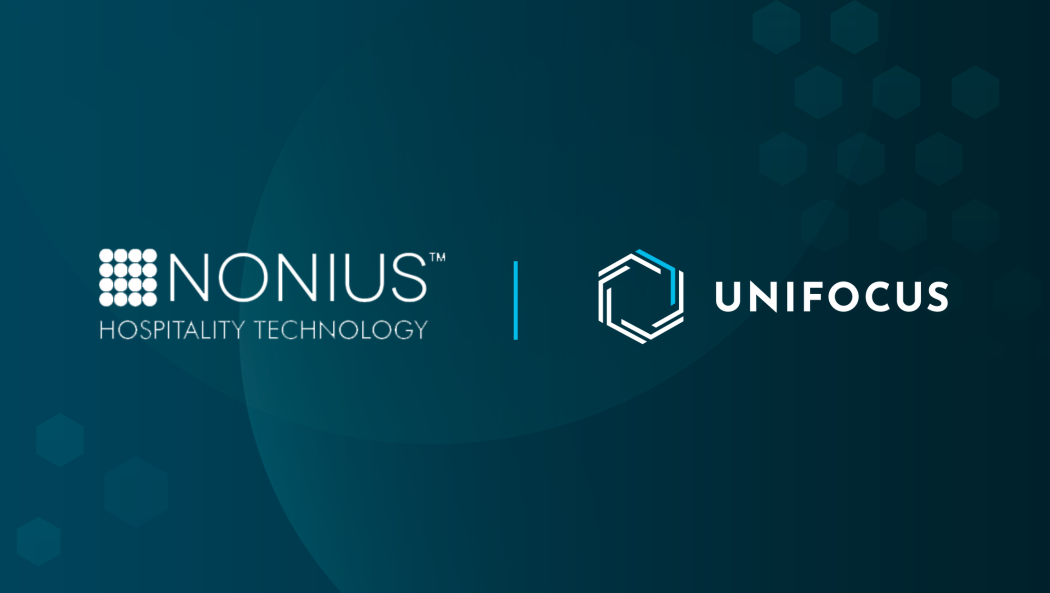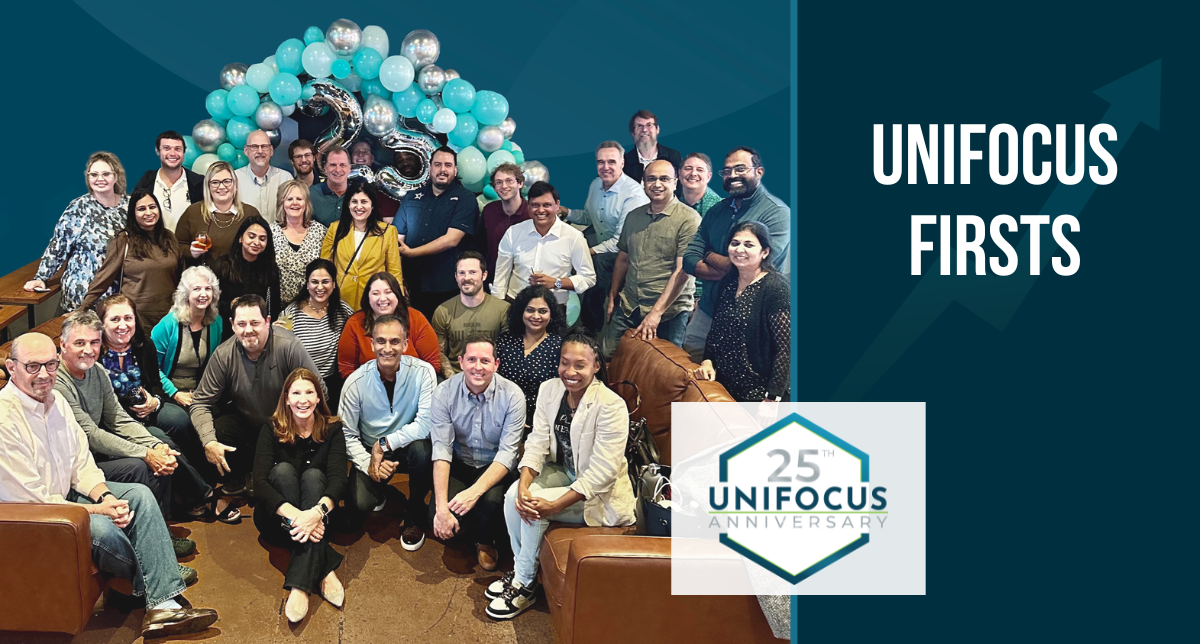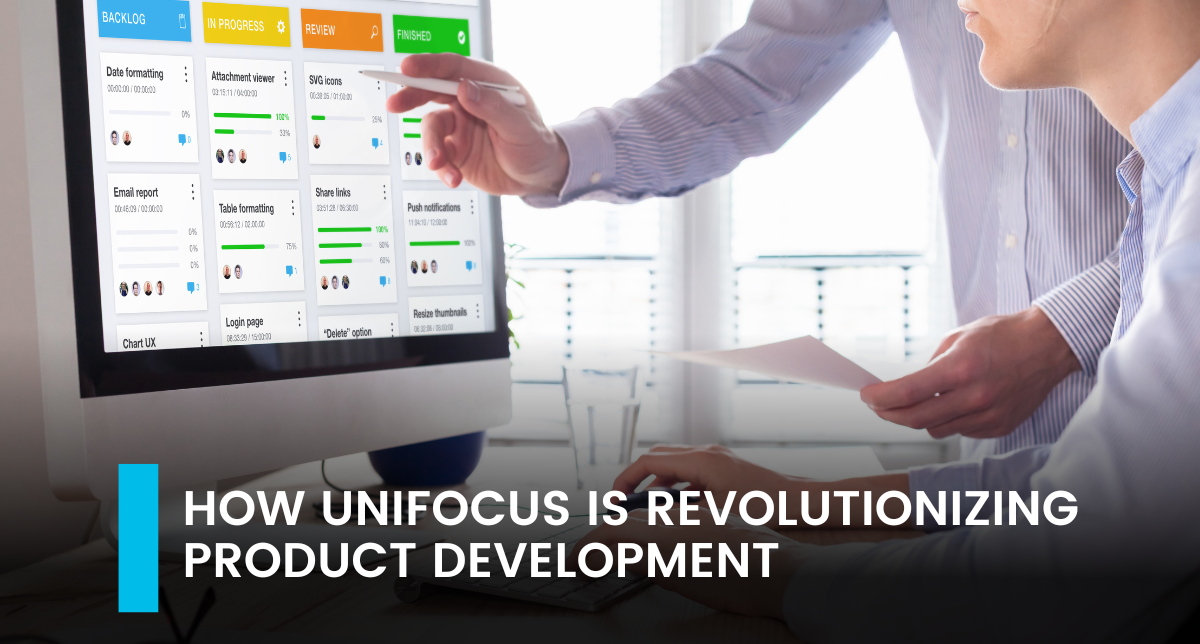June 2016 - Published in Hotel Business Review - by Mark Heymann - With the millennial generation now representing the majority in the workforce and a third of all travelers - percentages that are only going to rise, it's crucial that hoteliers understand how to engage and earn the trust of this all-important segment on both fronts.
For a generation that's more socially conscious than any before it, and hungrier for feedback, essential strategies include communicating often, checking in with consistent two-way feedback, and engaging with the community beyond the hotel. Mobile technology makes this easier, but only when an organization truly commits to changing the method and frequency of its communications will it fully gain millennial loyalty.
More Communication, More Often
If hotels want to attract and engage millennial employees, that process is no longer good enough. Millennials have a real need to feel connected with their place of employment, and hoteliers must respond by communicating more often and in more meaningful ways with their workers. The reality is that as an industry, hotels have been slow to catch on. For managers accustomed to keeping information close to the vest, it will require nothing less than a mindset change.
Social Responsibility
According to Cone Communications' 2015 Millennial Corporate Social Responsibility Study, 70 percent of millennials claim they would accept lower pay if it meant working for a company that shares their ethical and social beliefs. For many organizations, particularly larger ones, CSR efforts are primarily externally focused - sending employees out on homebuilding projects, for instance. But internal efforts also speak loudly to millennial employees. A hotel can incentivize these workers by making a connection between hotel cost savings and charitable donations. Take the example of a hotel restaurant whose food cost represent 28 percent of its total revenues. A greater focus on getting orders right, better portion control, and inventory management might bring those costs down to 25 percent - a savings of three percentage points. The hotel could then consider donating a portion of those savings to a good cause such as feeding the homeless - creating a direct relationship between operational improvements and social responsibility.
More Meaningful Metrics
A few decades ago, a new CEO at a large hotel chain turned the brand's occupancy index on its heels, putting the focus on unoccupied, rather than occupied, rooms. The reasoning: A 70-percent occupancy rate is healthy by just about any standard. But considered from the perspective of unoccupied rooms, a 400-room hotel at 70-percent occupancy leaves 120 rooms empty. Every empty room represents money foregone. This becomes even more impactful for the millennial when the connection is made that less profitability means less ability to participate in community activities. Profit is one of the key drivers that increases an organization's ability to be a better community citizen. That's the kind of metric that can motivate millennials to perform.
Engaged Employees Drive Profits
Measuring Guest Satisfaction
And like their employee counterpart, guest surveys provide valuable insights that go beyond whether a guest will return and recommend to the factors driving that decision - information that can significantly impact a hotel's bottom-line results.
By coupling an employee engagement survey with guest satisfaction data, hotels can make the connection between workers' perceptions and customer insight. This empowers work teams to act on critical factors leading to increased employee engagement, customer retention and recommendation.
Sharing Insights
Once those insights are obtained, how - and with whom - does that information get shared? The manager who holds that information close in the age of the millennial loses a valuable opportunity to build a more engaged and motivated workforce.
In a sports environment, information is readily available at every level of the organization. All members of a basketball team, for instance, know their stats after every game, giving them an immediate understanding of their value to the team and where they need to improve. Why shouldn't that be the case in the service industry? The more feedback workers receive, the more they understand their impact on the business. For example, how many potential restaurant customers left on a particular night because the kitchen was slow and they couldn't be seated in a reasonable amount of time? How many hotel guests were dissatisfied with their experience? Employees understand that when a customer is lost, money is lost. It is this type of timely, accurate measure that motivates a team and ensures everyone is focused on the correct key outcomes.
Sharing Gains
To keep their millennial workers engaged and turnover low, hoteliers might also consider sharing something more tangible: gains. While it's clearly important to maintain a profit margin, when improved performance leads to higher profits, a certain percentage of that increase could be passed on to the employee. Gain sharing is a concept the market would do well to embrace with this cohort. It enables millennials to not only see the benefits of their efforts but to participate in them as well. It strengthens workers' connection to their employer and leads to greater loyalty and job satisfaction.
The Benefits of Engagement
To attract and engage the millennial generation, hoteliers must take a close look at their business model and how they measure success and tie those metrics to a higher level of social consciousness. Managers must make themselves more accessible than ever before, providing frequent feedback and inviting the same from their employees and guests. And they must be willing to share information more freely, enabling workers to draw a direct connection between their performance and business results. In fact, managers may well need to rethink their role in the business and look to a coaching versus managerial style. For those hoteliers who successfully engage both their employees and their customers, the pay-off according to Gallup's 2013 State of the American Workplace, can be as much as a 240-percent boost in performance. That's a call worth heeding.









